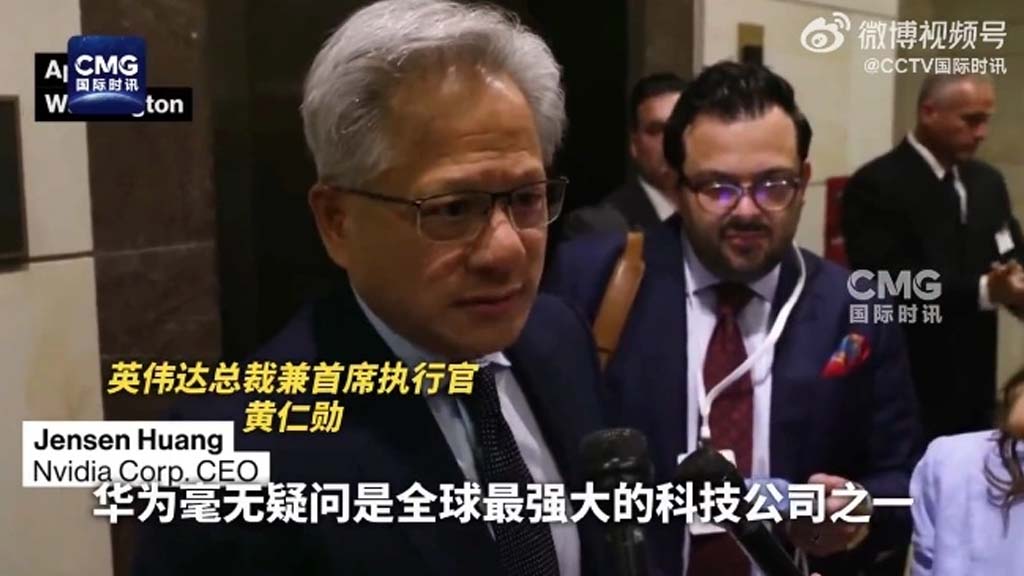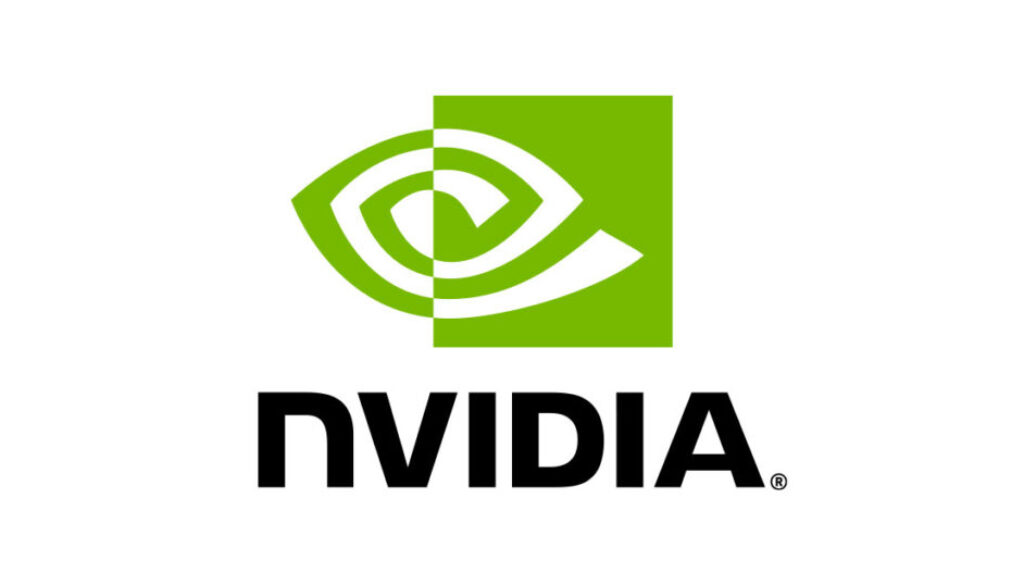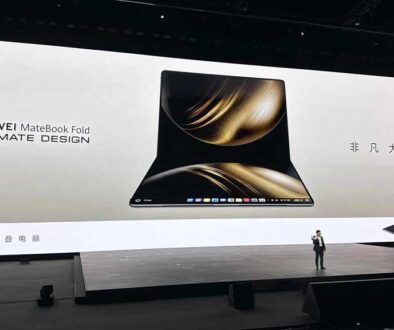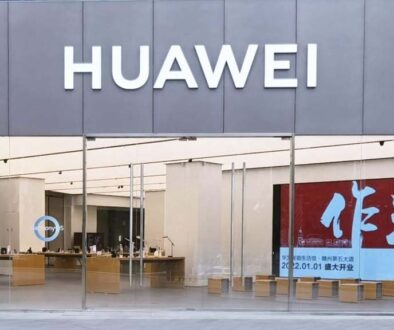Nvidia Warns US Senators: Huawei’s Rising AI Dominance Threatens Tech Competition
Nvidia, the global leader in AI and GPU technology, has raised urgent concerns with U.S. lawmakers about how current chip restrictions are unintentionally fueling Huawei’s rapid advancements in artificial intelligence. In a closed-door meeting with the U.S. House of Representatives Foreign Affairs Committee, Nvidia executives warned that Huawei is leveraging U.S. sanctions to emerge as a formidable competitor in the global AI race.
Why Nvidia is Sounding the Alarm

During the meeting, Nvidia CEO Jensen Huang emphasized that strict U.S. export controls on advanced chips to China are creating a vacuum Huawei is eager to fill. “Restrictions on Nvidia’s chips in China could make Huawei chips more competitive in the market,” Huang stated, highlighting the unintended consequences of current policies.
A senior committee staff member echoed these concerns, noting:
“If AI models like DeepSeek R1 are trained on Huawei chips, it could trigger global demand for their technology, undermining U.S. leadership.”
Huawei’s Ascend AI chips, such as the 910C (now entering mass production) and the upcoming 910D, are positioned to dominate China’s AI infrastructure—a market Nvidia once controlled.
Huawei’s Strategic Moves in AI
Despite U.S. sanctions, Huawei has aggressively expanded its AI capabilities:
- Advanced Chips: Launching high-performance Ascend chips to replace restricted Nvidia GPUs.
- Software & Networking: Building a full-stack ecosystem with cutting-edge computing and software tools.
- Global Ambitions: Positioning itself as a go-to AI supplier for markets excluded by U.S. trade policies.
Nvidia’s CEO acknowledged Huawei’s strengths in a recent interview, calling the AI competition a “protracted war” and admitting Huawei is “incredibly strong” in critical technologies.
Nvidia’s Response & Compliance
John Rizzo, a Nvidia spokesperson, clarified that the company fully supports U.S. efforts to safeguard tech dominance. Despite designing China-specific chips like the H20 to comply with sanctions, recent policy updates forced Nvidia to halt H20 sales—a move Huawei exploited by ramping up Ascend production.
Key Takeaways for Policymakers
- Sanctions Backfire: Restricting Nvidia’s access to China is accelerating Huawei’s rise as a global AI contender.
- Investment Gap: The U.S. must prioritize domestic AI
- infrastructure to counterbalance Huawei’s growth.
- Long-Term Risks: Without strategic adjustments, Huawei could control critical AI supply chains, reshaping global tech dynamics.
What’s Next for the U.S. Tech Sector?
The Biden administration faces mounting pressure to refine chip policies that balance national security with market realities. Meanwhile, Nvidia’s warnings underscore a critical question: Can the U.S. maintain its AI edge while containing Huawei’s expansion?
Nvidia’s stark message to U.S. senators highlights the high stakes of the AI arms race. As Huawei doubles down on innovation, the U.S. must rethink restrictive policies to avoid ceding ground in the trillion-dollar AI market. For tech leaders and policymakers, the time to act is now.



